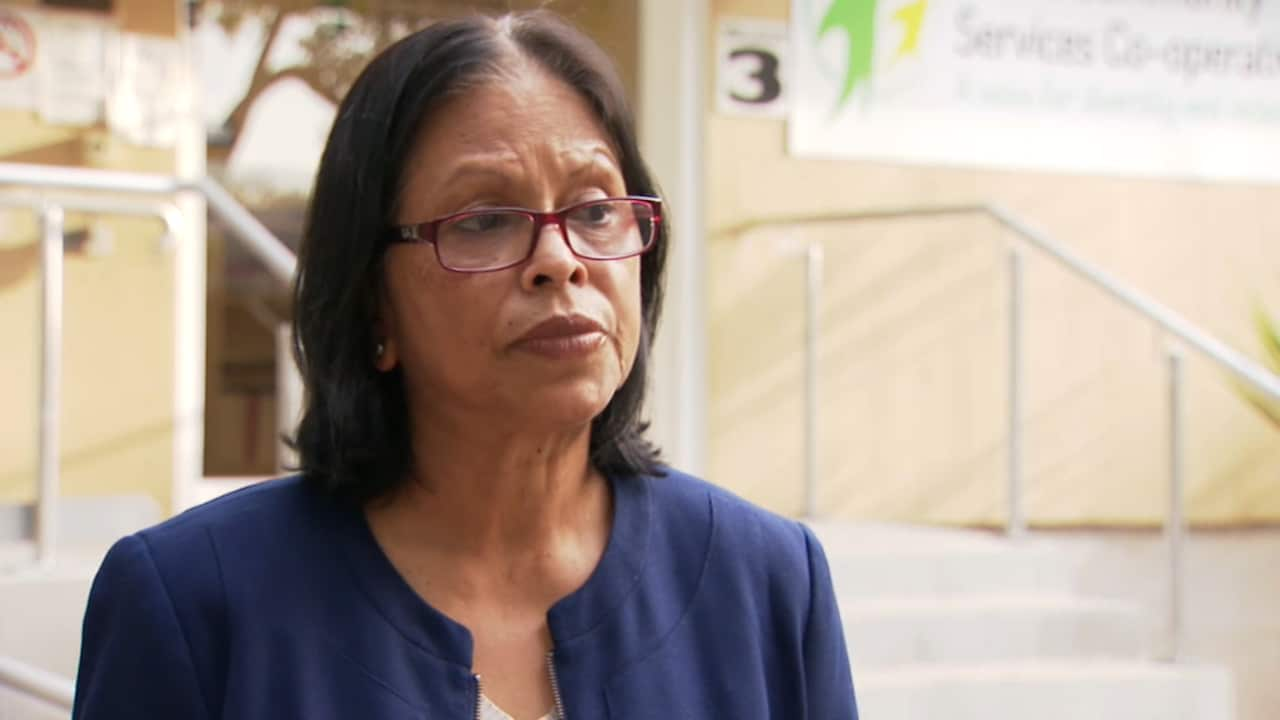Victorian children will now be screened for autism at a younger age, with all maternal and child health (MCH) nurses undergoing new training to better detect the early signs in children under three.
The average age for a child to be diagnosed with autism is four-years-old. With this training, nurses will use routine checks at 12, 18 and 24 months to screen for the condition.
"That is going to make a huge difference in making sure they get the supports that they need," Victorian Health Minister Jenny Mikakos said.

Brii and her son Harvey, who was diagnosed with autism when he was two. Source: SBS News
Parent's of children with autism agree that an early diagnosis would greatly benefit their children.
"The world is a scary place for anyone let alone a little boy who doesn't really understand what's going on or if it's a bit overwhelming," Brii, whose son Harvey was diagnosed with autism at two-years-old, told SBS News.
"We get to help him earlier, we get a few years under the belt to get him ready for the real world so to speak."
According to La Trobe University senior research fellow Doctor Josephine Barbaro, nurses will be looking out for children who, for example, are not engaging in gestures, smiling at other people, pointing or imitating others during their routine consultations.

Nurse Catina Adams works with Harvey. Source: SBS News
One of the first nurses to start the screening, Catina Adams, said early detection makes a difference during the crucial five years when a child is developing their communication and social skills.
"So if you have a child who is delayed in those skills, and it's not identified until primary school, for example, they have missed all those years of opportunity," she said.
But despite the new training, experts say children from culturally and linguistically diverse backgrounds continue to face additional barriers in seeking care, despite .
Shikha Chowdhary of the Ethnic Community Services Co-operative said many of these challenges arise before a parent even sets foot inside a maternal health clinic.

Shikha Chowdhary of the Ethnic Community Services Co-operative. Source: SBS News
"There are many challenges people face to access services," she told SBS News.
"Some of them are not having adequate or enough sources translated into community languages, there may not be people who understand, service providers have got limited knowledge about culture and belief and practices."
The one-million-dollar package, funded by the Victorian Government, will provide training to more than 1,000 nurses online and face-to-face. Similar training is already available in Tasmania and parts of New South Wales.

